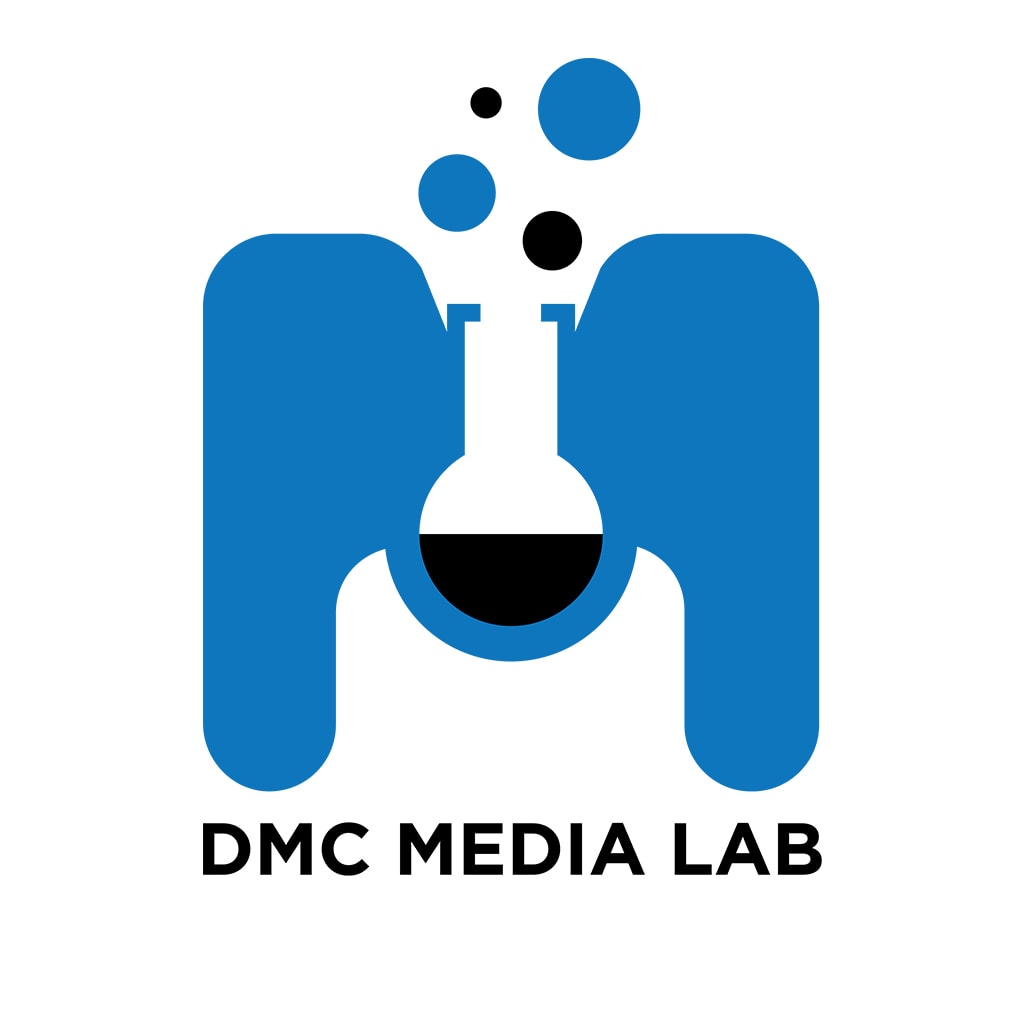By: El Thavanly & Choeng Lily

Screenshot of www.canbypublishing.com
Litter-strewn streets, clogged sewage, and polluted rivers are not the images most Cambodians want to associate with their homeland. Yet for Hem Sophem, a 22-year-old with a confident demeanor, friendly nature, and an infectious smile, this environmental issue became a personal mission. Armed with nothing but a phone and a plastic bag, he launched Nisset Plastic (College students clean up plastic trash), a grassroots social media movement that has grown to inspire thousands across Cambodia. Through platforms like Facebook, Instagram, and TikTok, Sophem is tackling one of the nation’s most persistent issues, littering, while proving that even small acts can spark positive change.
When Sophem started the movement in 2022, there weren’t many resources or helpers. After school, he would carry a single plastic bag to collect trash and use his phone to record the process. He posted these videos on social media, which now includes three platforms: TikTok, Facebook, and Instagram. He regularly uploads his clean-up videos each week, and after a few months, they attracted public attention, amassing millions of views.
For the first two years, Nisset Plastic consisted of only Sophem, with no formal structure. However, as the movement grew, it evolved into an informal volunteer group with six core members who dedicated their weekends to clean-up activities. Today, one thousand participants, including some foreigners, contribute to the efforts at different times.

Hem Sophem, The Founder of Nisset Plastic, standing in the middle of trash-filled sewerage. Source: Nisset Plastic’s Instagram Page
Social media plays a key role in Nisset Plastic’s success as it enables Sophem to inspire youth to join his cause, fostering engagement and participation. The three platforms have been instrumental in advancing Nisset Plastic’s mission and amplifying its impact.
TikTok stands out as the most effective platform for Nisset Plastic, with Hem Sophem noting, “It reaches audiences fast and consistently gets millions of interactions.” Sophem handles everything from editing videos to writing captions for his social media. Unlike Instagram and Facebook, TikTok’s viral posts will continue to gain momentum after they blow up, and his success stems from his concise, creative videos that clearly deliver messages and inspire action, proving the impact of effective content.

A Screenshot of Nisset Plastic Tik Tok page. Source: Nisset Plastic Tik Tok page.
Through these platforms, Nisset Plastic attracted thousands of participants from across Cambodia and even abroad to join his clean-up events. Sophem explained “When people join the movement, they often share their experience with friends and family, helping spread the message even further. Nisset Plastic is not just cleaning up; the movement is also about changing behaviors and inspiring others to do the same.”
Despite its success, Nisset Plastic faces several challenges. At first, there was a big problem with the lack of money and volunteers. Sophem, who was still a second-year college student at the time, had to balance his studies with his passion for environmental change. He said, “In the beginning, not many people joined me. I didn’t know how to effectively manage social media or create engaging content”. However, as more people joined and the movement grew, Sophem began to receive support from philanthropists and volunteers, easing some of the financial and logistical strains.
While the resource challenges are no longer a big problem for the group, health and safety concerns remain a major issue as Sophem continues the clean-up operations in the sewers. “Cleaning the sewers is a big issue,” Sophem explains. “The water is thick and black, and I can’t see what’s underneath. There’s always the risk of dangerous items like glass, snakes, and insects,” he added.
Sophem and his team wear protective gear, including gloves and sewage suits, to safeguard against hazardous environments. However, some volunteers occasionally sustained minor hand cuts during the clean-up operations.
Despite his hard work and dedication, Nisset Plastic has also faced criticism, particularly regarding the portrayal of Cambodia’s waste problems. Some said “Youth shouldn’t take pictures of trash as it harms the country’s reputation.” “I choose not to respond to negative comments,” says Sophem. “My focus is on spreading awareness about the littering issue and changing this behavior, which negatively affects the entire nation.”
Sophem also points out that the littering problem is not a secret. “If people want to see it, they can find it online, it only takes a couple of clicks. We can’t hide it. What Nisset Plastic is doing is showing people that Cambodians care about the environment and are actively working to fix it.”
He believes his efforts have also attracted positive attention from foreigners, who appreciate the collective effort to clean up the country. “Foreigners who see Cambodians working together to tackle this problem may even be encouraged to visit, seeing that there’s a community here making a change.”
Sophem’s clean-up events often start at 10 o’clock in the morning and continue till 5 or 6 in the evening, on some days he even continues till 8 to 9 o’clock at night depending on the amount of trash he has to clean up. In one of his videos, he filmed himself at night in the middle of a trash-filled sewer, exhausted but determined, urging people to stop littering. He said in the video “I have given all the energy I have, but nothing has changed”.
Despite the exhaustion, Sophem finds motivation in small victories. “When one more person joins a clean-up, it’s not just about that individual. They’re also helping to change others,” he says. Visible improvements in previously littered areas also inspire him. “Some places we’ve cleaned have stayed better. Even small changes encourage me to keep going.”
He also mentioned community support as another driving force. “Young kids sometimes come to watch us clean, and some offer drinks and food. Even passersby show appreciation. These gestures remind me why I do this,” Sophem shares.

Hem Sophem, The Founder of Nisset Plastic holding an ASEAN Youth Eco-Champions Award and Certificate. Source: Nisset Plastic’s Facebook Page
Sophem is determined to expand Nisset Plastic’s efforts in the future. While the movement is currently focused on Phnom Penh, Sophem hopes to eventually extend his work to other provinces. However, the timeframe for this expansion remains uncertain, as Nisset Plastic is still an informal group without the support of NGOs or large organizations.
Nisset Plastic exemplifies the power of youth activism and social media in driving change. Despite challenges and criticisms, their impact on the environment and community is undeniable. Hem Sophem, winner of the ASEAN Youth Eco-Champions Award inspires others with his message: “Love your nation and help solve its problems. Small actions may seem insignificant, but they can lead to big impacts.”
Metadata
Title
Nisset Plastic
Author
Hem Sophem
Year
2022 – Today
Place of Publication
Phnom Penh, Cambodia
Technical Requirements
Standard Browser
Live Version
Archived Version
N/A
Source
Interview with Mr. Hem Sophem, December 2nd, December 13th, 2024
Disclosure of used AI and writing tools: In the writing of this essay, the AI tools Quillbot, Grammarly, and ChatGPT were used.



